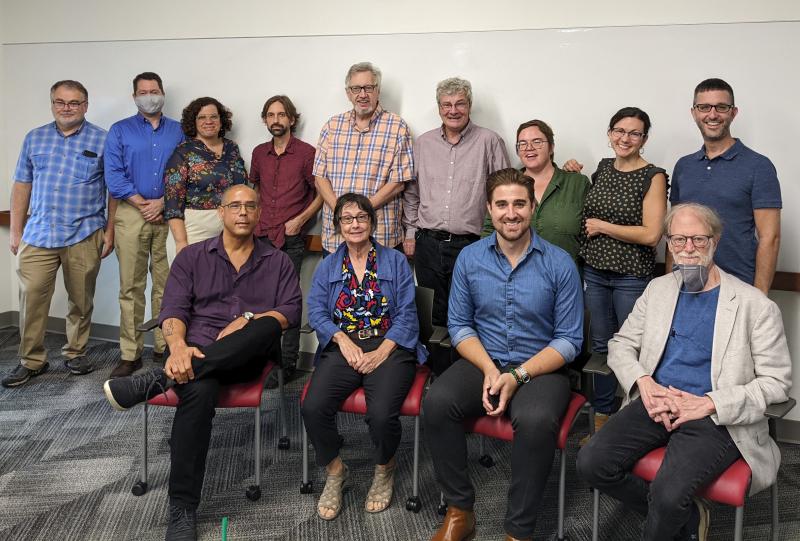Who We Are
The Department of Comparative Studies is an interdisciplinary community of students, educators, and scholars who use comparison to attend to the dynamics of knowledge and power in a range of practices and discourses.

In its most basic sense, comparison is how humans understand the world and all it holds. In our department, "comparison" entails a self-reflective, critical mode of analysis that explores and questions the social, cultural, historical, and political ideas at the center of the humanities. Our comparative methods help us critique established norms and values and interrogate the historical processes by which they have come to seem normal and valuable. Moreover, it is through comparison that we rethink disciplinary assumptions—including the ethics of comparing—and imagine alternative possibilities.
Within and across boundaries of discipline, nation, and language, we are committed to theoretically driven and empirically grounded scholarship. Our broad interests coalesce around the following areas of study:
- American Studies
- Black Studies
- Folklore
- Indigenous Studies
- Media Studies
- Performance Studies
- Religious Studies
- Science and Technology Studies
- World Literatures
As a department that values collaboration and interdisciplinarity, we work closely with the Humanities Institute, as well as the Center for Ethnic Studies, the Center for Folklore Studies, and the Center for the Study of Religion. We also have close ties to The STEAM Factory and the Global Arts + Humanities Discovery Theme.
Students in the Department of Comparative Studies share a deep curiosity, which they develop and focus through training in comparative and interdisciplinary approaches. Our students become effective global citizens who are skilled at recognizing and negotiating cultural differences, guided by a respect for diversity in all its varied forms, and motivated by the values and pleasures of critical intellectual work.
In that spirit, we are motivated by a commitment to social justice and energized by critical questions about how to define justice and how it can be realized.
